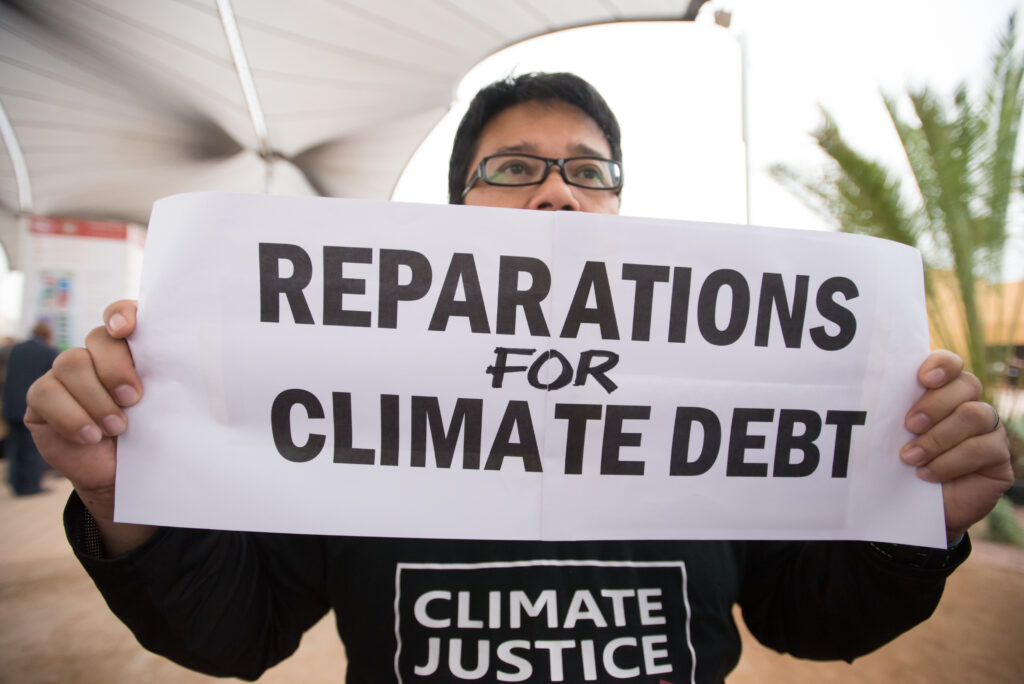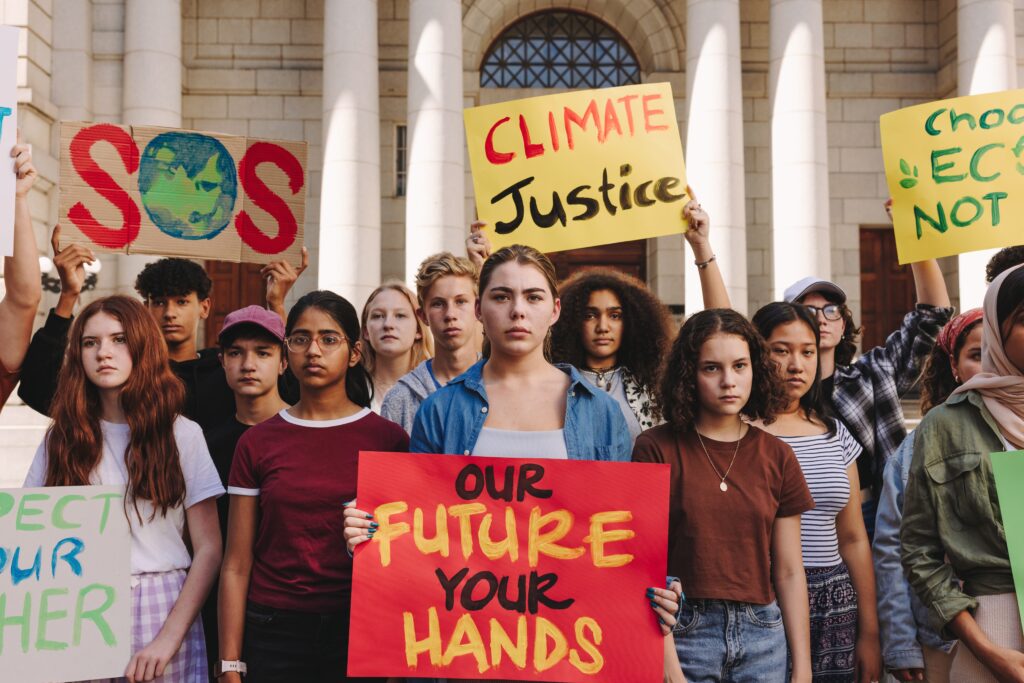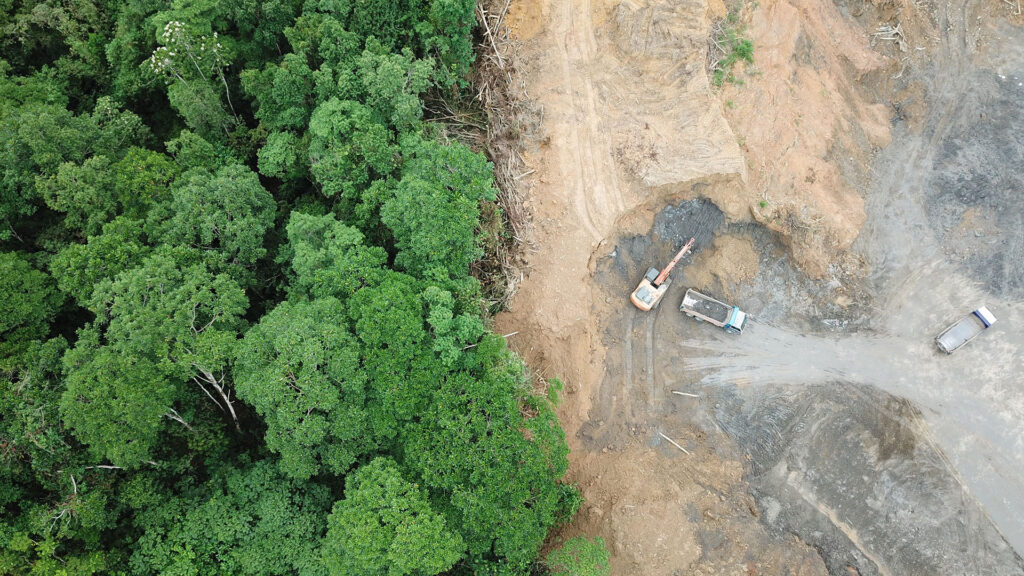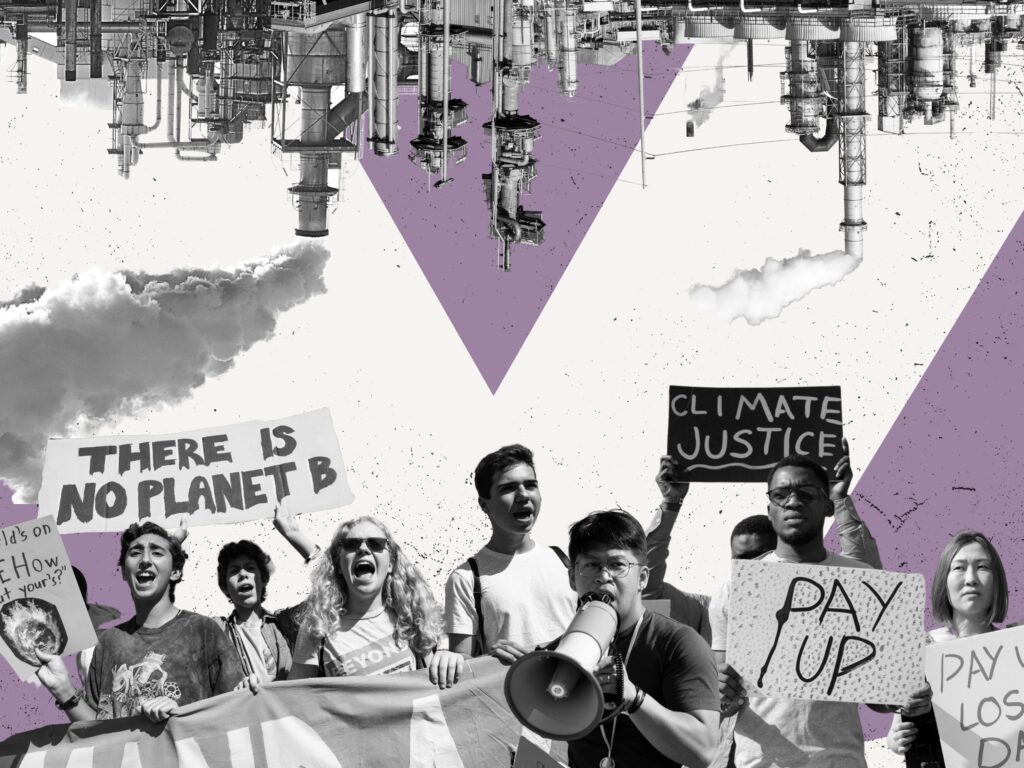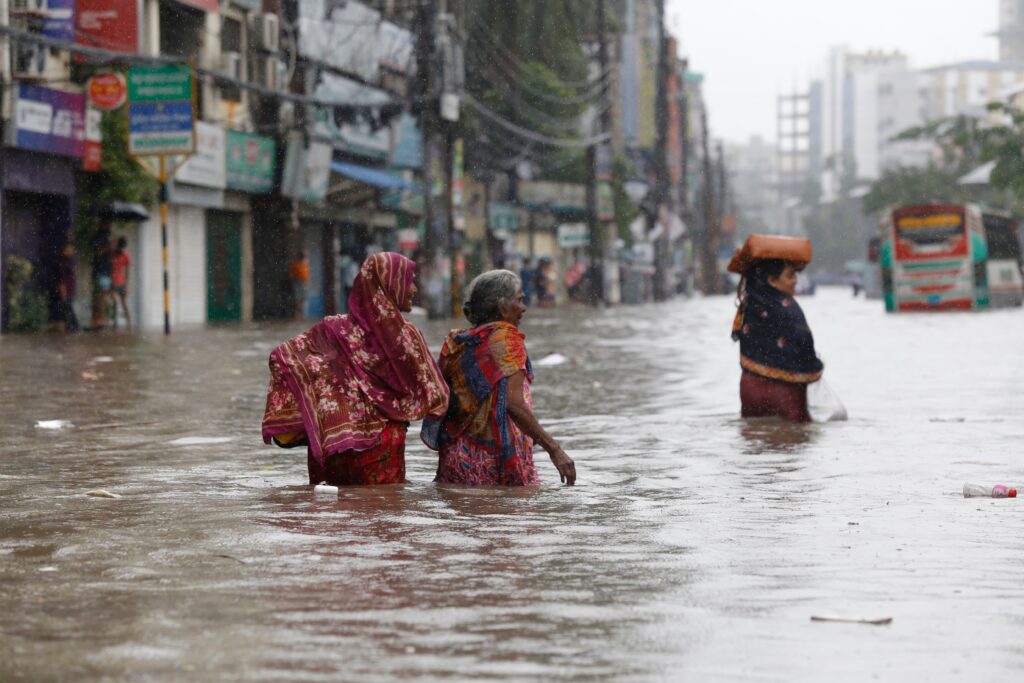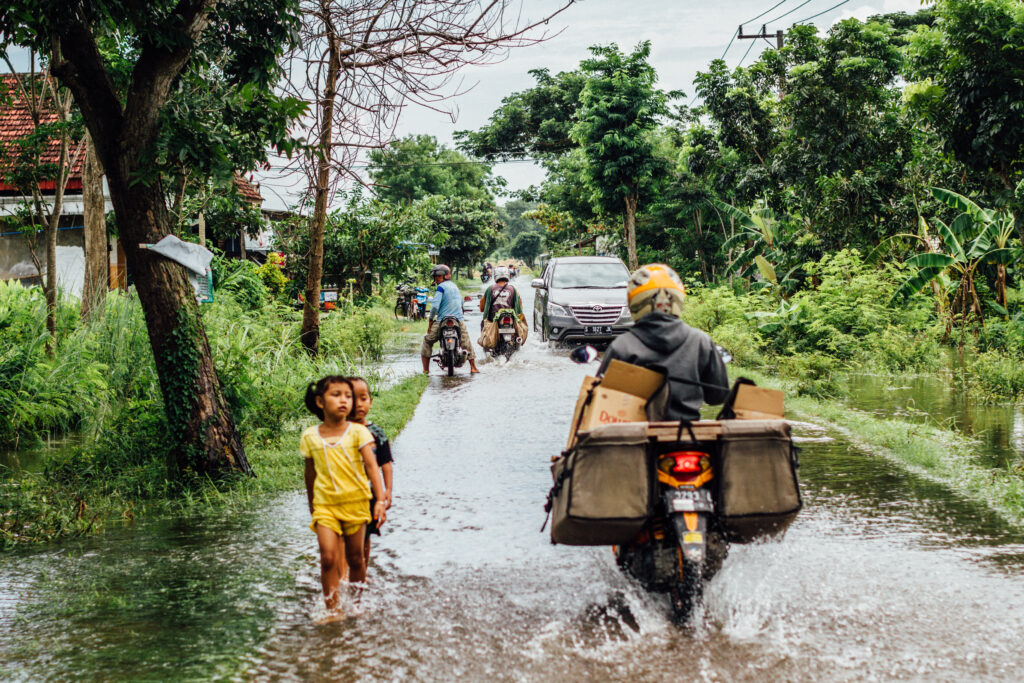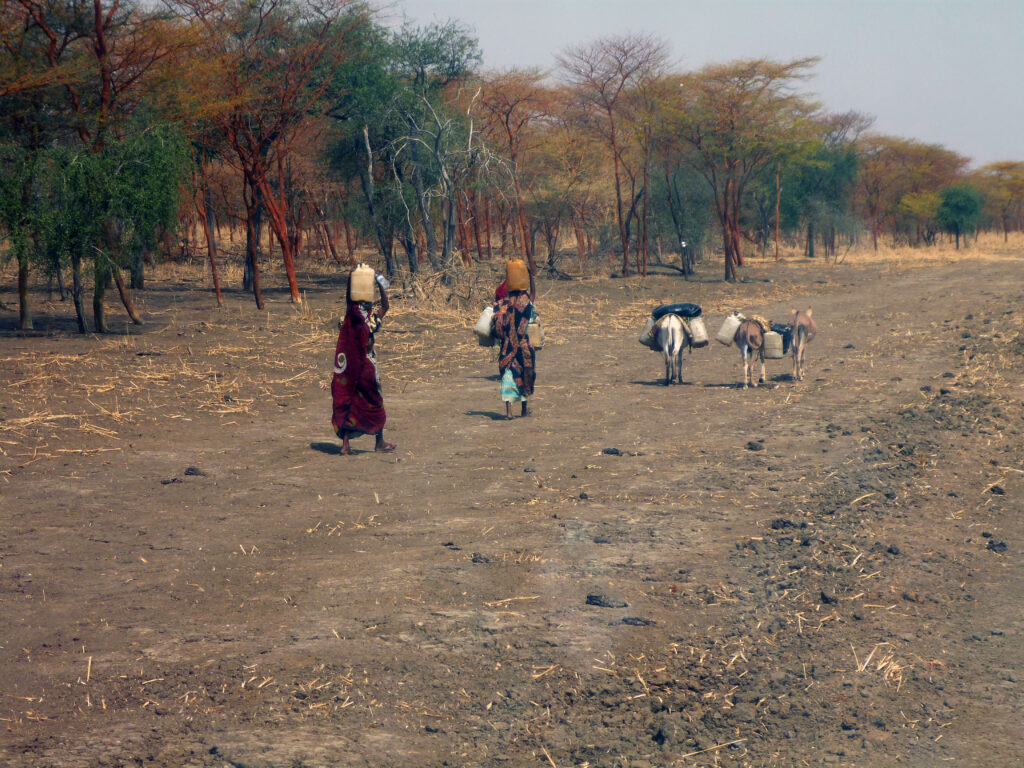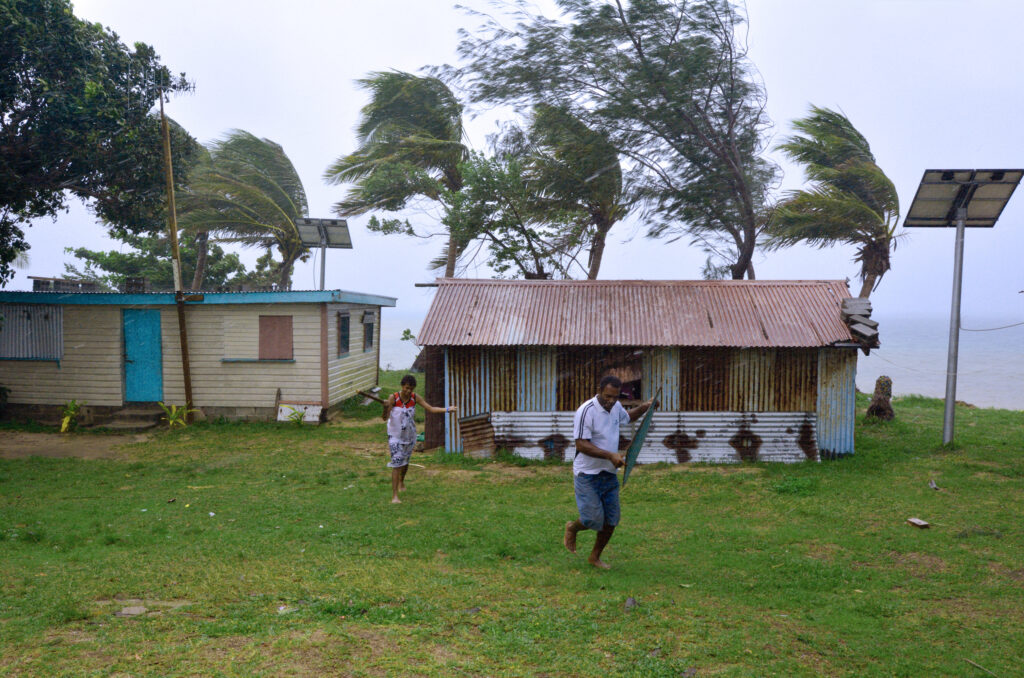Pollution from the world’s biggest fossil fuel companies has been directly linked to more than 200 heatwaves worldwide, according to new research.
Published in Nature, the study found that climate change has made every major heatwave this century more likely and more intense. The emissions from 180 of the world’s fossil fuel and cement companies “contributed substantially” to the occurrence of these heatwaves.
Heatwaves and Climate Change
Using extreme event attribution, the researchers found that climate change increased both the intensity and probability of all 213 heatwaves analysed in the years 2000 through 2023. They identified 55 that were made at least 10,000 times more likely, meaning they would have been “virtually impossible” without climate change.
Saudi Aramco and Other Oil Companies Caused 50 Heatwaves
The individual emissions from the 14 most polluting companies were enough to cause more than 50 of these heatwaves. These include fossil fuel giants Saudi Aramco, Gazprom, ExxonMobil, Chevron, BP and Shell.
The research has been hailed as an “important step towards accountability,” marking the first time individual companies have been directly tied to specific, and sometimes deadly, heat events.
“This study shows that fossil fuel and cement companies are not just abstract contributors to climate change,” said Dr Davide Faranda, CNRS Research Director and leader of Climameter. “Their emissions have directly fueled heatwaves that would otherwise have been impossible, making them responsible for human suffering, ecosystem losses and economic damages worldwide.”
Carbon Majors’ Decades of Deception
It is well established that world’s largest fossil fuel companies knew about the consequences of their activities for decades, yet undertook an “elaborate campaign of deception” to sow uncertainty and undermine climate action.
“Many of these carbon majors knew as early as the 1970s that burning fossil fuels was warming the planet,” said Dr Friederike Otto, professor in climate science at the Centre for Environmental Policy, Imperial College London. “Instead of shifting their business models towards renewable energy, they misled the public about the dangers of their products and lobbied governments to keep the world dependent on fossil fuels.”
As a result, the planet has warmed by 1.3°C, driving extreme and damaging climate events that are escalating in severity and frequency. The UN’s climate panel (IPCC) warns that these harms are mounting faster than scientists predicted just a decade ago.
Heatwaves are a clear example of these rapidly escalating harms. Known as the “silent killer,” they are the deadliest type of extreme weather. The report found that heatwaves in the 2000s were 20 times more likely due to climate change, and by the 2010s, this had surged to 200 times more likely. Their average intensity also increased, with 1.4 °C of additional heat in the 2000s rising to 2.2 °C in 2020 to 2023.
Cassidy DiPaola, spokesperson for the Make Polluters Pay campaign, said: “When these companies’ emissions alone are triggering heatwaves that wouldn’t have happened otherwise, we’re talking about real people who died, real crops that failed and real communities that suffered, all because of decisions made in corporate boardrooms.”
Asia’s Heatwaves Fueled by Fossil Fuel Companies
Asia has endured a series of destructive and deadly heatwaves in recent years, and this new attribution study directly links specific carbon majors to those events. For example, in Japan, INPEX’s emissions alone could have caused 50 heatwaves, while Taiheiyo Cement and Mitsubishi Corporation were responsible for dozens more. Out of the 15 major heatwaves studied in Japan since 2000, six would have been impossible without climate change.
Many of these heat events sent temperatures soaring to dangerous levels, leading to heat-related fatalities as well as thousands of hospitalisations. The 2022 heatwave was the most severe since records began in 1875, leading to a spike in cases of heatstroke, and 37 million people were urged to limit electricity consumption due to strained supplies.
Meanwhile, Climate Central’s latest analysis on climate change and extreme heat also found that 613 million people in Asia endured a month or more of risky heat worsened by climate change from June to August 2025. Their analysis reiterates the growing threat of human-caused climate change fuelling dangerous heatwaves, which “often have under-reported impacts on health, agriculture, water supplies and more.”
Legal Implications For Fossil Fuel Companies
The heatwave attribution research could have significant implications for climate litigation, bolstered by the International Court of Justice’s ruling that countries — and by extension companies — could be held responsible for climate change impacts, and people and communities affected entitled to reparations.
The researchers also highlight the significance of their findings for climate policy, litigation and corporate accountability. Climate-related legal cases are proliferating, with defendants seeking compensation for losses and damages and demanding more ambitious climate actions from corporations and nations.
They further note that their attribution framework could be extended beyond heatwaves to other climate impacts, including ocean acidification, sea-level rise, wildfires and droughts.
Louise Hutchins, a co-convenor at Make Polluters Pay International, said the research findings should be used to leverage climate justice by holding carbon majors accountable for the destruction they have caused. “For decades, they knew their products were heating up the planet, costing homes, jobs and lives. Yet they put profits before people, raking in billions every day from ordinary bill-payers,” she said. “Making them pay is right, fair and long overdue.”
Evelyn Smail
Writer, United Kingdom
Evelyn is a freelance writer and journalist specialising in climate science and policy, the just energy transition and the human impacts of climate change. She writes for independent publications, NGOs and environmental organisations. Evelyn has a background in sustainable development, climate justice and human rights.
Evelyn is a freelance writer and journalist specialising in climate science and policy, the just energy transition and the human impacts of climate change. She writes for independent publications, NGOs and environmental organisations. Evelyn has a background in sustainable development, climate justice and human rights.

